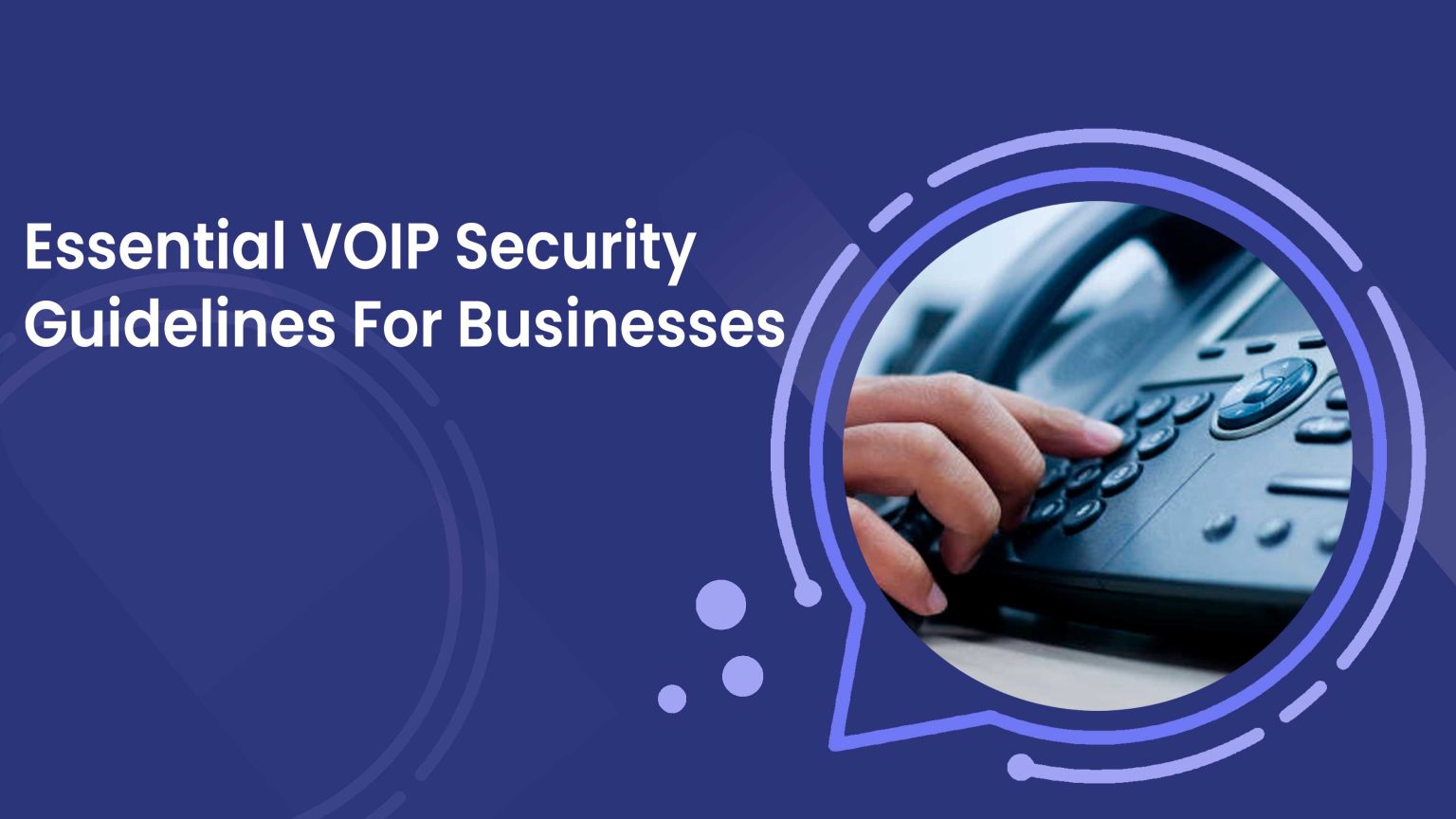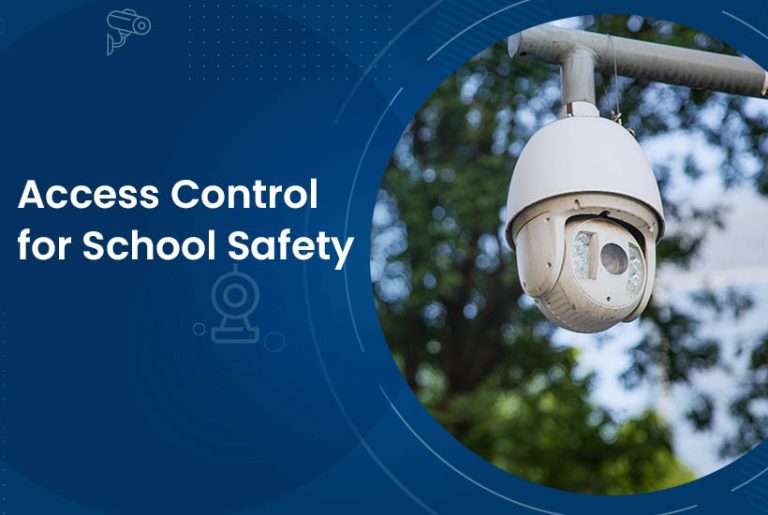VoIP : Estimated Reading Time: 4 minutes
VoIP has made communication much easier and more cost-effective and businesses in Nashville are right to take full advantage of VoIP systems. However, with the increased convenience also comes increased security concerns. Business owners must know how to safeguard against exploits and threats that are made available through VoIP vulnerabilities. We have put together essential VoIP security guidelines in order to ensure your calls remain private and secure.
VoIP Fraud
How does VoIP Fraud Work?
VoIP fraud occurs when someone uses VoIP services with no intention of paying for the service. This fraud is typically associated with identity fraud, as the attacker gains access to the VoIP phone system of a company and uses the services while assuming their identity. This leaves the company or enterprise in question left to foot the bill. Attackers take the time to engage in these activities as part of a scam known as toll fraud or International revenue share fraud (IRSF).
Revenue share fraud
With revenue share fraud attackers will create companies abroad to host premium international phone numbers. By calling these numbers from your phone system they are able to charge your company with these premium rates.
VoIP Call Hijacking
Call hijacking occurs when an attacker reroutes calls from their intended party towards another line. What happens in between is where the real call fraud is where things get interesting. Depending on the attacker the calls may be redirected through a transit operator who then charges a fee for all received calls.
VoIP calls might also get tagged with a false signal to make it seem like they are connected to the intended party when really the caller is being directed to a recording. Since the call is registered as connected, carrier fees can be incurred as if the call was properly established. This is known as FAS (false answer supervision).
You can protect yourself from VoIP fraud by implementing a few safeguards into your VoIP phone system.
- Restrict access to high level features to just key staff members and certain phone numbers.
- Most phone fraud happens on the weekends and during office hours. This is to increase the chances that the fraud goes undetected. You can restrict these fraud attempts even further by only making them available during office hours.
- Use your phone management system to monitor call usage for unusual behavior.
VoIP Eavesdropping
VoIP eavesdropping is the act of intercepting voice packets for the intent of listening to conversations taking place over a VoIP phone system, without the knowledge or consent of the other parties. Without the proper VoIP security in place it is extremely easy to do and can help reveal confidential information such as passwords, credit card numbers and personal information.
VoIP Eavesdropping is a threat to privacy and security. This threat can be mitigated by using VoIP encryption on your phone system.
DDoS Attacks on VoIP Phone Systems
A DDoS attack is a type of cyberattack in which a huge amount of traffic is sent to a target, usually over the Internet. A DDoS attack can be launched by using malware or botnets to send multiple requests from infected computers.
DDoS attacks on VoIP phone systems are becoming more common as criminals use them for extortion and other illegal activities. These attacks are disruptive and can cause significant service disruptions. It is reported that over 6 million of these attacks were recorded in 2022. Here is the troubling news about DDoS attacks on VoIP phone systems between 2021 and 2022:
- 75% increase in the total attack count of DDoS attacks
- 56% decrease in the size of attacks. This is make them more covert to avoid detection
- 68% of attacks were volumetric (direct flood) type
- 69% of attacks lasted less than 90 minutes
How to fix DDoS attacks on your VoIP phone system
The absolute best way to protect your company from DDoS attacks is to enable always-on DDoS protection from a trusted service provider. This makes it difficult for such an attack to have any affect on your business and daily operations.
Phone Call and Voice Message Scams
Spam over IP Telephony (SPIT)
Spam over IP Telephony (SPIT) is a type of spam that uses voip phone systems to make unsolicited calls. SPIT has been around for many years, starting with ISDN phone systems and is on the rise. It is reported that more than 50 billion spam calls were made in the US in 2020 alone.
Scammers are able to send unsolicited messages to thousands of phone numbers at once and leave voice messages for the intended party. Another problem with spam calls is that the recipient cannot know the content of the message until they listen to messages in their inbox, thus wasting the time of employees and affecting productivity.
Vishing
Vishing refers to phishing attacks carried out over voice systems. This social engineering scam is meant to deceive business owners and employees into thinking they are a financial institution or vendor seeking payment or sensitive information. Attackers are able to spoof real phone numbers, lending to their credibility.
Handling Scam Phone Calls to Your VoIP Phone System
Some VoIP phone systems come equipped with an option to block robocalls. Review this setting or ask your service provider about it. If the feature is not present there are 3rd party apps to add it to your existing system. These tools work by routing calls through a second line to identify SPIT calls. Of course you can also block phone numbers but this is a slow and ongoing process.
One of the best ways to protect against SPIT scams is to educate employees on company protocols and common trappings to avoid.
It is important for business owners to follow VoIP security guidelines, to keep up with the latest trends in VoIP scams and how to avoid them. By keeping your phone system up to date, following the recommended best trends and reviewing call logs regularly, you can help protect your company’s voice communications.
Be sure that you are working with a VoIP provider that understands your business needs and can provide the tools needed to keep your interests safe.
Share
Facebook
Twitter
Youtube
X-twitter
Whatsapp





